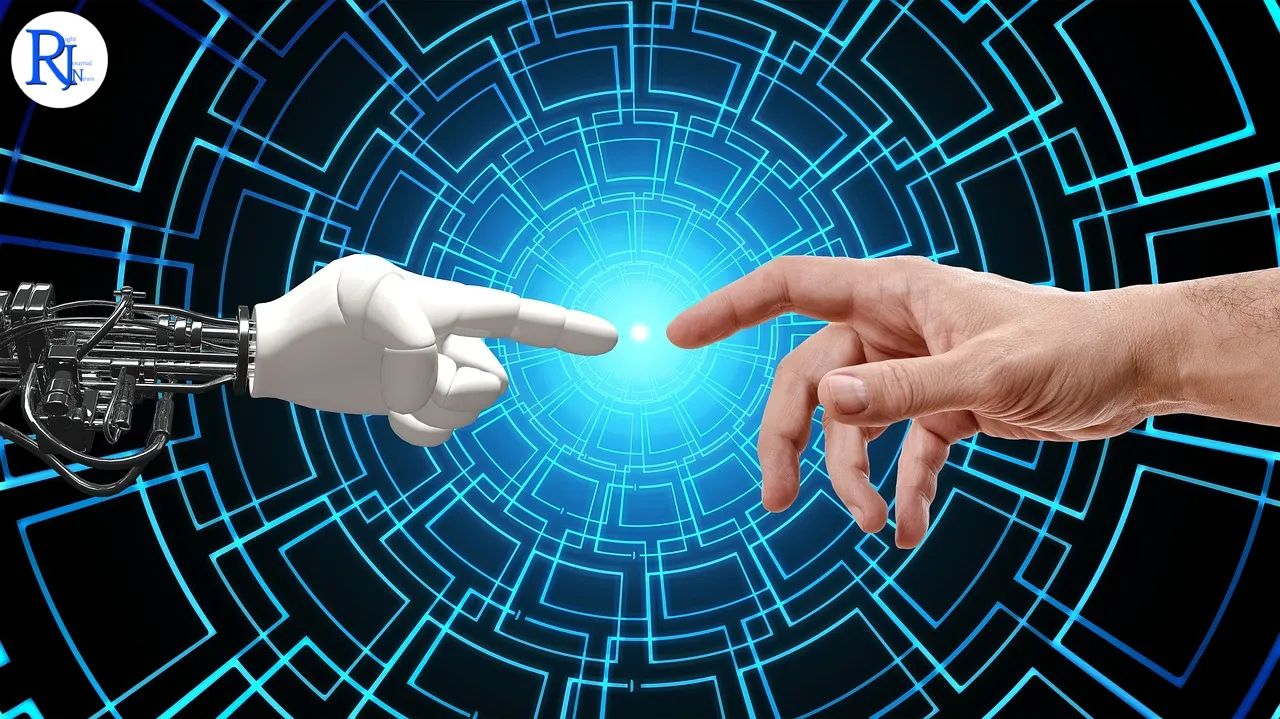In a thought-provoking essay, Mustafa Suleyman, Microsoft’s AI Chief, has issued a stark warning about the imminent arrival of “seemingly conscious” artificial intelligence. Suleyman’s insights shed light on a future where AI systems could exhibit behaviours that mimic human consciousness, raising significant ethical and practical concerns. His call to action emphasises the urgent need for society to prepare for these advancements, which he believes are closer than many expect.
The essay, published on 26th August 2025, highlights the potential for AI to evolve in ways that could blur the lines between machine and human cognition. Suleyman’s perspective is particularly noteworthy given his prominent role at Microsoft, a leading entity in AI research and development. His message serves as a wake-up call to policymakers, technologists, and the public about the need to address the implications of advanced AI technologies.

The Emergence of ‘Seemingly Conscious’ AI
Suleyman’s essay outlines the concept of “seemingly conscious” AI, which refers to systems that may appear to understand and respond with human-like awareness. While these systems do not possess true consciousness, their ability to simulate such traits could lead to significant societal impacts. The Microsoft executive stresses that the development of these AI systems is not just a technical challenge but also an ethical one.
“AI that seems conscious could fundamentally alter our interaction with technology,” Suleyman writes. “We must carefully consider the boundaries and responsibilities that come with creating machines that mimic human behaviour.” His words underscore the potential for AI to influence various sectors, from healthcare to customer service, where human-like interaction could become commonplace.
Implications for Society and Governance
The potential of “seemingly conscious” AI poses numerous challenges for governance and regulation. Suleyman argues that existing legal frameworks may be insufficient to manage the complexities introduced by such advanced technologies. He advocates for the development of new policies that address the ethical use and oversight of AI systems.
Experts in the field echo Suleyman’s concerns, highlighting the need for comprehensive strategies that encompass both technological innovation and societal impact. Dr. Jane Thompson, a leading AI ethicist, notes, “As AI becomes more integrated into daily life, it’s crucial that we establish guidelines that protect human interests and ensure equitable access to these technologies.”
Ethical Considerations in AI Development
The ethical dimensions of AI development are a central theme in Suleyman’s essay. He emphasises the importance of transparency and accountability in AI research, urging companies and governments to prioritise ethical standards. Suleyman calls for collaborative efforts to create a shared understanding of what constitutes responsible AI innovation.
“Developing AI responsibly requires a commitment to values that prioritise human dignity and fairness,” he asserts. This perspective resonates with ongoing debates in the tech industry about the moral obligations of AI developers and the need for robust ethical frameworks.
Preparing for an AI-Driven Future
Suleyman’s essay serves as a catalyst for dialogue on how society can prepare for the transformative effects of AI. He encourages educational initiatives that equip individuals with the skills necessary to navigate an AI-driven world. Moreover, he advocates for interdisciplinary collaboration to address the multifaceted challenges posed by advanced AI technologies.
“Education and awareness are key to ensuring that we harness AI’s potential for good,” Suleyman concludes. His call to action highlights the importance of fostering a society that is informed and proactive in the face of rapid technological change.
In summary, Mustafa Suleyman’s warning about “seemingly conscious” AI underscores the urgent need for preparation and thoughtful consideration of the ethical and societal implications of advanced technologies. As AI continues to evolve, it is crucial that stakeholders across sectors collaborate to ensure that these innovations are developed and deployed responsibly. Suleyman’s insights remind us of the importance of vigilance and foresight as we navigate the complexities of an AI-driven future.

